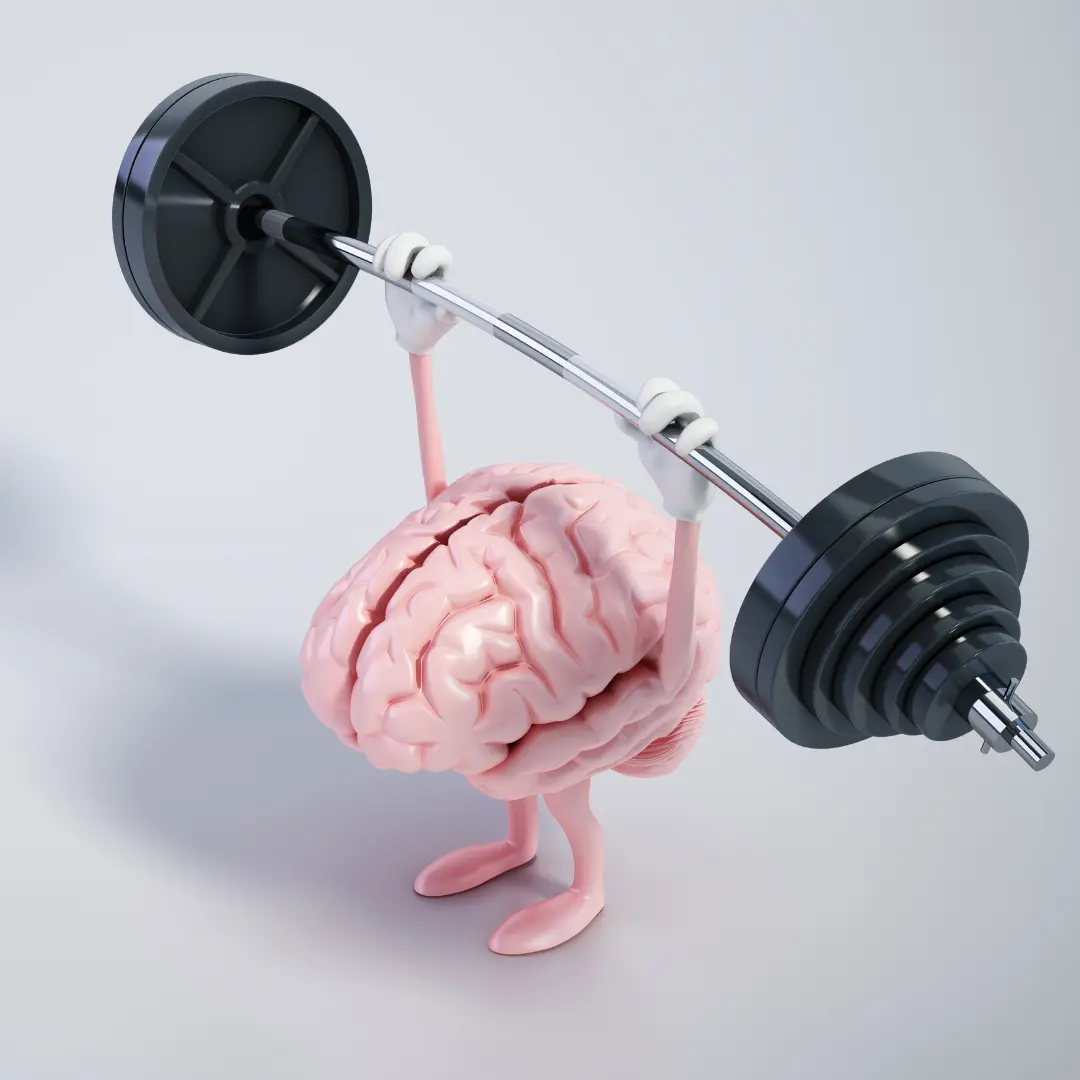
Best Hearing Aids for Small Ear Canals: Finding Your Perfect Fit
TL;DR: Small ear canals require specific hearing aid designs to ensure comfort and performance. The best options include completely-in-canal (CIC) models like the Signia Silk
Home » Unleashing Your Potential: How Wearing Hearing Aids Consistently Boosts Cognitive Function

Hearing aids hold the key to not just improving hearing but also enhancing cognitive function. Recent studies shine a light on the mental benefits of hearing aids, showcasing that consistent use of hearing aids can significantly reduce the risk of cognitive decline and dementia. This finding comes from a groundbreaking study by Woei Shyang Loh at the National University of Singapore. It highlights that managing hearing loss isn’t just about hearing better—it’s about thinking sharper and living a fuller life.
Research reveals that hearing loss is a major risk factor for dementia. The study, published in JAMA Neurology, demonstrates the cognitive benefits of hearing aids. By examining data from over 137,484 participants across 31 studies, researchers discovered that individuals with hearing loss who regularly used hearing aids performed better in cognitive tests. In the short term, they scored 3% higher, and in the long run, they saw a 19% decrease in cognitive decline risk.
The implications are profound. As Dr. Benjamin Tan from the Yong Loo Lin School of Medicine points out, preventing dementia is crucial, as it is much harder to treat once it develops. Furthermore, Dr. Thomas Holland from the Rush Institute for Health Aging emphasizes that correcting hearing loss, a significant risk factor for cognitive issues, is relatively straightforward in developed countries.
So, who benefits from hearing aids? Everyone looking to maintain and boost their cognitive health. Buying hearing aids brings not only the joy of clear sound but also the promise of a sharper, more vibrant mind. This dual advantage underlines the importance of proactively addressing hearing loss—for your ears and brain.
Table of Contents
Toggle
Hearing aids unlock benefits that touch every aspect of life, not just your hearing. They provide a gateway to improved communication, emotional well-being, and independence. Let’s explore these multifaceted advantages:
Hearing aids do more than amplify sounds; they amplify life. Whether you’re joining a lively chat, enjoying a peaceful walk, or simply staying safe at home, hearing aids’ benefits touch every part of your day. They’re not just devices; they’re keys to unlocking a fuller, more connected life. And this connected life is part of the cognitive benefits of hearing aids.

Delving into the science reveals how hearing aids do more than improve hearing—they play a pivotal role in cognitive health. The connection between hearing loss and cognitive decline has captured the interest of researchers worldwide. A landmark trial started in late 2017, involving nearly 1,000 adults aged 70 to 84 across the U.S., has brought insights into this connection. This trial, the first of its kind, examined whether treating hearing loss affects cognitive decline and dementia risk.
The trial underscored the importance of addressing hearing loss, not just for improved auditory experience but also for cognitive well-being. The findings advocated for widespread hearing checks and interventions for older adults, highlighting no downsides to such proactive measures. While the short-term cognitive benefits might be subtle, the long-term potential to support cognitive health is significant.
Hearing aids benefits are helpful for many, particularly for certain groups who might face a higher risk of cognitive decline due to hearing loss. Let’s explore who stands to gain the most from these innovative devices:

The message is clear: whether you’re navigating the complexities of aging, thriving in a bustling social life, excelling in a demanding career, or simply seeking to enjoy every moment to its fullest, hearing aids can significantly enhance your experience. They’re not just about hearing better—they’re about living better. If you notice changes in your hearing, don’t wait. Seeking help early can unlock the full spectrum of hearing aids benefits, setting the stage for a richer, more connected life.
To fully unlock the cognitive benefits of hearing aids, a comprehensive approach involving consistent use, engagement, and lifestyle adjustments is essential. Here are practical tips to ensure you’re maximizing the potential of your hearing aids:
Find out more about the best hearing aids for music.
Discover Bluetooth hearing aids for active lifestyles.
By integrating these strategies, you’ll not only hear better but also set the stage for a healthier, more vibrant brain. Remember, your hearing aids are tools for clearer sound and a fuller, more engaged life.

Embracing the benefits of hearing aids opens the door to enhanced communication, deeper social connections, and a vigorous engagement with the world around us. These benefits collectively contribute to a stronger, more resilient brain, safeguarding our cognitive functions and enriching our quality of life.
If you’re ready to step into a world where clear hearing and cognitive health go hand in hand, Injoy Hearing guides you. We see hearing aids as devices and pathways to a fuller, more vibrant life. Let’s embark on this journey toward better hearing and a sharper mind together. Take the step today with an Injoy Hearing test and experience the cognitive benefits of hearing aids. Remember, a more cognitively vibrant life is just a decision away.

TL;DR: Small ear canals require specific hearing aid designs to ensure comfort and performance. The best options include completely-in-canal (CIC) models like the Signia Silk

Your audiologist just recommended rechargeable hearing aids. Great choice. But naturally, you want to know: how long before you’re shopping again? The answer splits into

You asked your spouse to repeat themselves. Again. The TV volume crept up another notch. Friends make jokes about your signs of hearing loss. These

You dropped serious money on Phonak hearing aids. Now you’re wondering how long they’ll actually work before you’re back at square one. Fair question. Hearing
To start your journey towards better hearing with confidence, Injoy is proud to offer a 45-day risk-free hearing aid trial. This allows you to experience the difference our hearing aids can make, ensuring they meet your expectations and fit your lifestyle perfectly.
Improve your hearing and improve your life today by contacting Injoy to learn more! Call (844) 914-3331

Need hearing aids? Explore our range of hearing aids and discover the best option for your lifestyle and Unique Hearing Needs.
Are you a current patient with us? We're here to help with any adjustments, repairs, or support you may need.